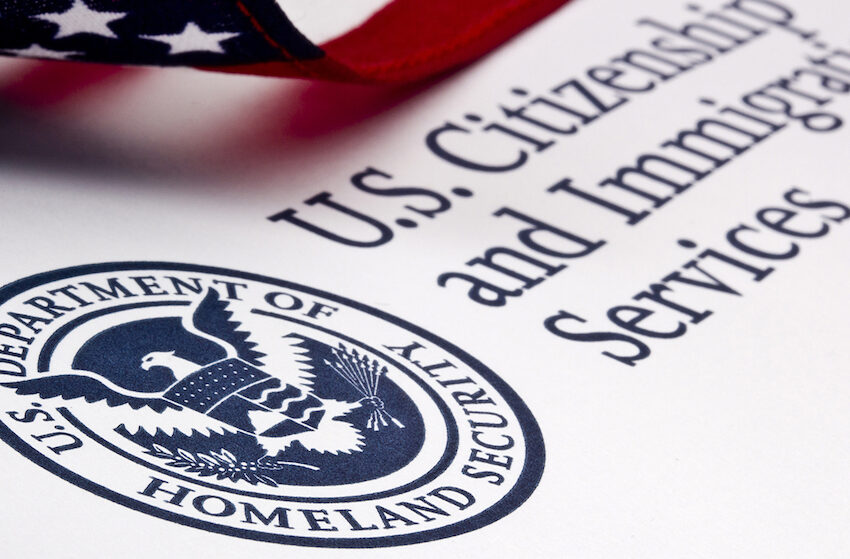Indian families lose challenge to USCIS rules on kids aging out

Indian families waiting for green cards have lost their challenge to a US Citizenship and Immigration Services (USCIS) policy that puts their children at risk of aging out of permanent residency.
Rejecting an equal protection challenge to agency rules that Indian green card seekers say disparately impact the dependents of applicants from that country, the Ninth Circuit ruled they can only bring their case after obtaining a deportation order.
The case must be dismissed because the court lacked constitutional and statutory jurisdiction over the plaintiffs’ claims challenging policies, a panel at the court ruled Tuesday.
USCIS rules in question determine whether children whose parents are awaiting permanent residency can maintain their status as dependents. Children aren’t considered eligible dependents of temporary visa holders under the rules.
READ: 70 Indians sue US for denying H-1B visas over employers’ fraud (August 15, 2023)
In an action in which plaintiffs challenged certain immigration policies in district court, the panel vacated the district court’s order granting the defendants’ motion to dismiss for failure to state a claim, and remanded, holding that the district court lacked jurisdiction over most of the plaintiffs’ claims because they were not ripe.
Plaintiffs in this class action are Indian nationals, who have long resided in the United States on nonimmigrant work visas, and their children, who are derivative beneficiaries of their parents’ visas.
Plaintiffs seek to adjust their status to permanent resident and challenged certain generally applicable policies that USCIS and the US Department of State—use to determine the eligibility of derivative beneficiaries.
READ: 70 Indians sue US for denying H-1B visas over employers’ fraud (August 15, 2023)
The Government argued that the plain language of law limits federal court review of certain forms of discretionary immigration relief— including adjustment of status.
The panel disagreed, concluding that the relevant law does preclude review of the denial of an enumerated form of relief (i.e, the denial of adjustment of status), but does not strip federal district courts of jurisdiction to hear plaintiffs’ collateral challenges to generally applicable policies and procedures.
However, the panel concluded that—with the exception of one plaintiff—plaintiffs’ claims are not ripe because plaintiffs have not applied for adjustment of status, and USCIS has not denied their applications based on the challenged policies.
Following Supreme Court precedent, the panel explained that plaintiffs’ claims would ripen only once they took the affirmative step of applying and having their path blocked by the challenged policies.
As to one plaintiff, Pavani Peddada, who did apply for adjustment of status and whose application USCIS denied, the panel concluded that she could establish ripeness.
However, the panel concluded that relevant sections allowing limited review of questions of law and constitutional claims raised in a petition for review of an order of removal, channel review of her legal and constitutional challenges into a petition for review from a final order of removal.
The panel recognized that individuals like Peddada—who have not violated any immigration laws— must violate the law to render themselves removable in order to obtain judicial review.
